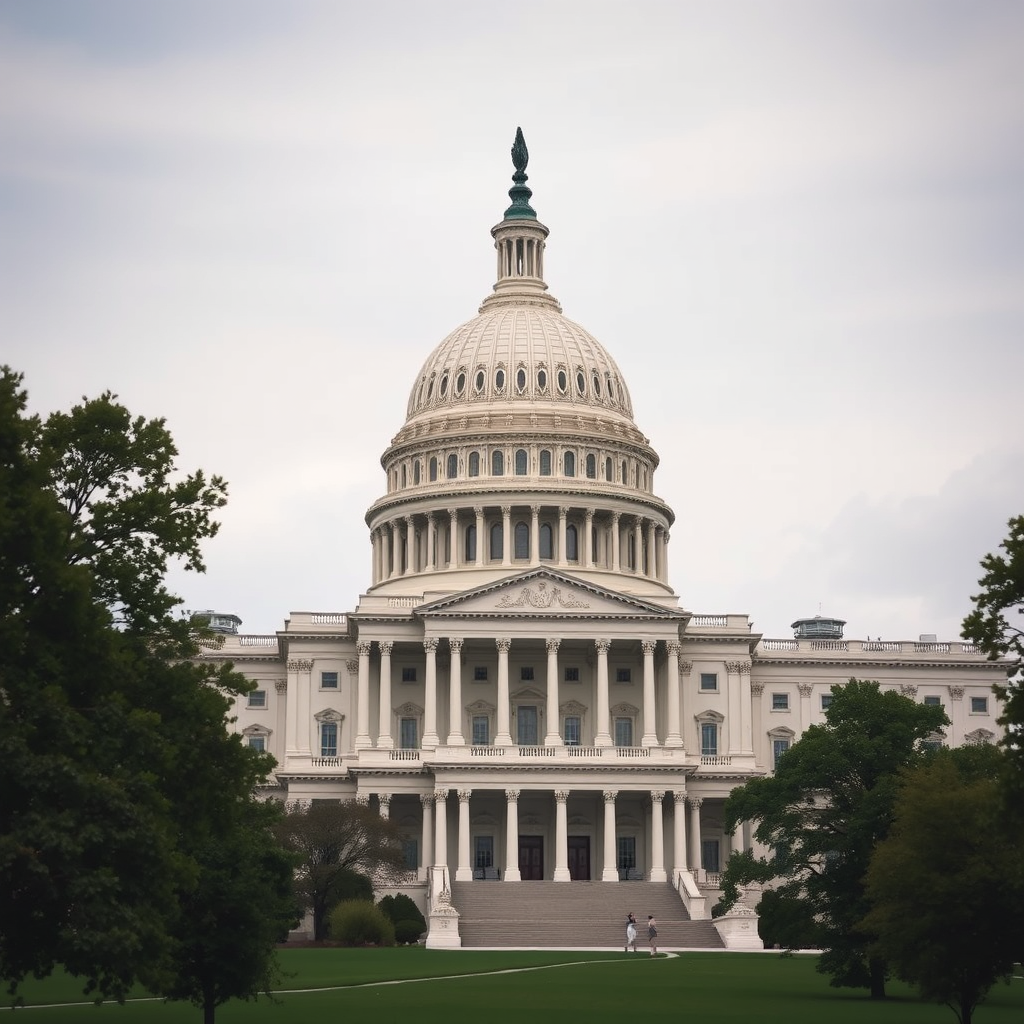Tech Giants Face New Congressional Scrutiny Over AI Development and Privacy Concerns

Major technology companies including Google, Microsoft, and OpenAI are under increased pressure from lawmakers regarding artificial intelligence safety protocols and data privacy practices. This comprehensive report examines the proposed legislation and potential impacts on the tech industry's future.
Congressional Hearings Intensify
The House Committee on Science, Space, and Technology announced a series of hearings scheduled for January 2025, focusing specifically on AI development transparency and consumer data protection. Committee Chair Representative Sarah Mitchell emphasized that America's technological leadership must be balanced with robust safeguards for citizens' privacy rights.
"We've reached a critical juncture where the rapid advancement of artificial intelligence technologies requires immediate legislative oversight," Mitchell stated during a press conference last week. "The American people deserve to know how their data is being used and what measures are in place to prevent potential misuse of AI systems."

Key Areas of Concern
- Data Privacy Protection: How user information is collected, stored, and utilized in AI training models
- AI Safety Protocols: Measures to prevent harmful or biased AI outputs
- Transparency Requirements: Public disclosure of AI development processes and capabilities
- Regulatory Compliance: Adherence to proposed federal AI governance standards
Industry Response and Pushback
Technology executives have expressed concerns that overly restrictive regulations could hamper America's competitive edge in the global AI race, particularly against China's rapidly advancing artificial intelligence capabilities. Google's Chief Technology Officer emphasized the importance of maintaining innovation while addressing legitimate safety concerns.
"We support reasonable oversight that protects consumers without stifling the innovation that has made America the global leader in technology development. Our commitment to responsible AI development remains unwavering."
Proposed Legislation Overview
The bipartisan "AI Accountability and Transparency Act" introduced last month would establish new requirements for companies developing AI systems with significant public impact. The legislation includes provisions for mandatory safety testing, public reporting of AI capabilities, and establishment of a federal AI oversight board.

Economic Implications
Economic analysts predict that new AI regulations could significantly impact the technology sector's growth trajectory. While some argue that clear regulatory frameworks will provide certainty for investors and developers, others worry about potential compliance costs and reduced innovation speed.
The Washington Post reported that major tech stocks experienced volatility following the announcement of the congressional hearings, with investors closely monitoring potential regulatory outcomes. Market experts suggest that companies demonstrating proactive compliance measures may gain competitive advantages in the evolving regulatory landscape.
International Competitive Concerns
Lawmakers have expressed particular concern about maintaining America's technological superiority amid increasing competition from China and other nations investing heavily in AI development. The challenge lies in balancing necessary oversight with the need to preserve the innovative environment that has historically driven American tech leadership.
Senator Robert Hayes, ranking member of the Senate Technology Subcommittee, noted that "we cannot allow regulatory uncertainty to create a Rubicon moment where American companies lose their competitive edge to foreign competitors who operate under different standards."
Looking Ahead
The upcoming congressional hearings are expected to feature testimony from leading AI researchers, technology executives, and privacy advocates. The outcomes of these sessions will likely shape the final form of federal AI legislation and establish precedents for how America approaches artificial intelligence governance in the coming decade.
As the debate continues, stakeholders across the technology industry are preparing for what many consider a pivotal moment in determining the future relationship between innovation, regulation, and public safety in the age of artificial intelligence.
Reading time: 8 minutes
Technology, AI, Congress, Privacy, Regulation